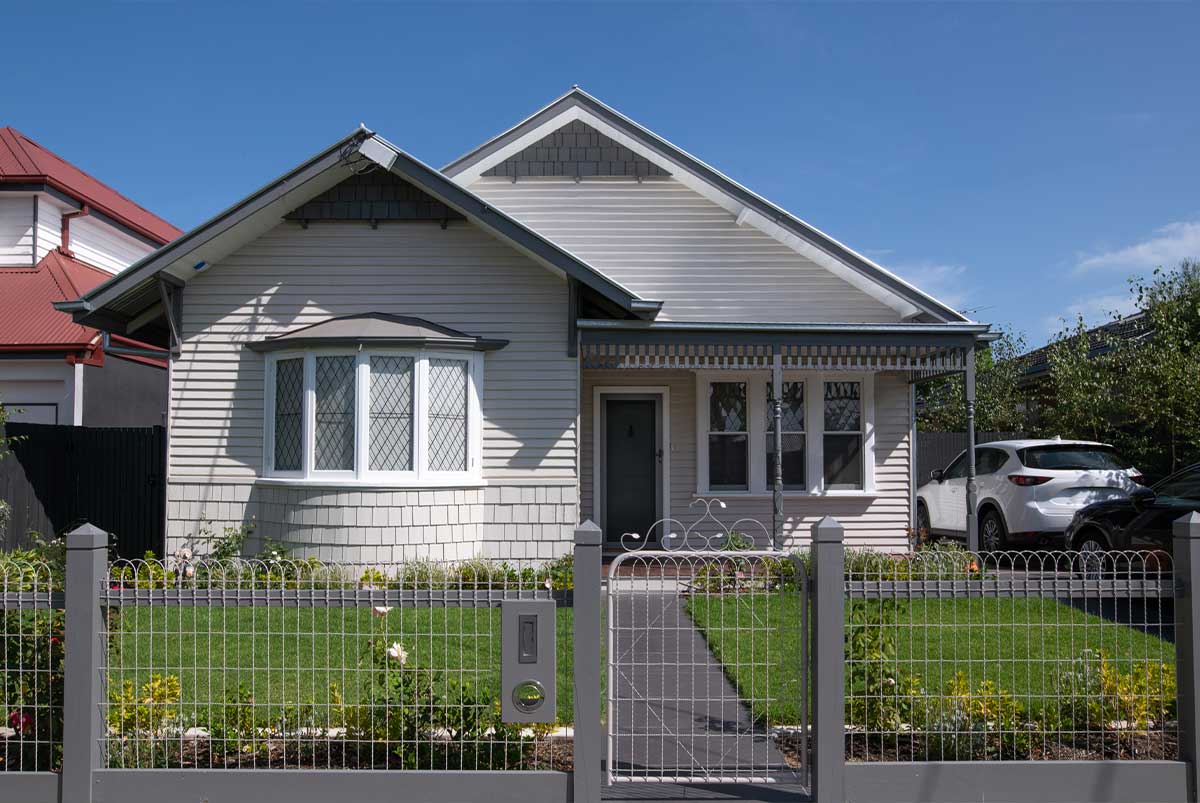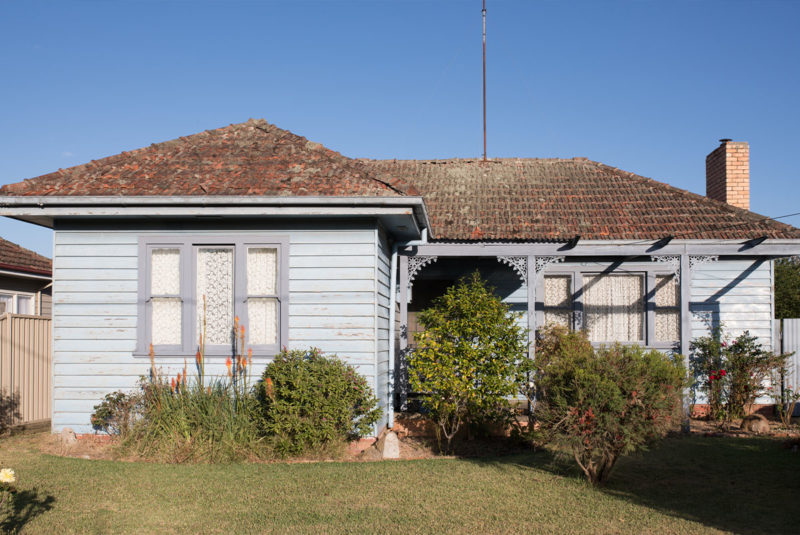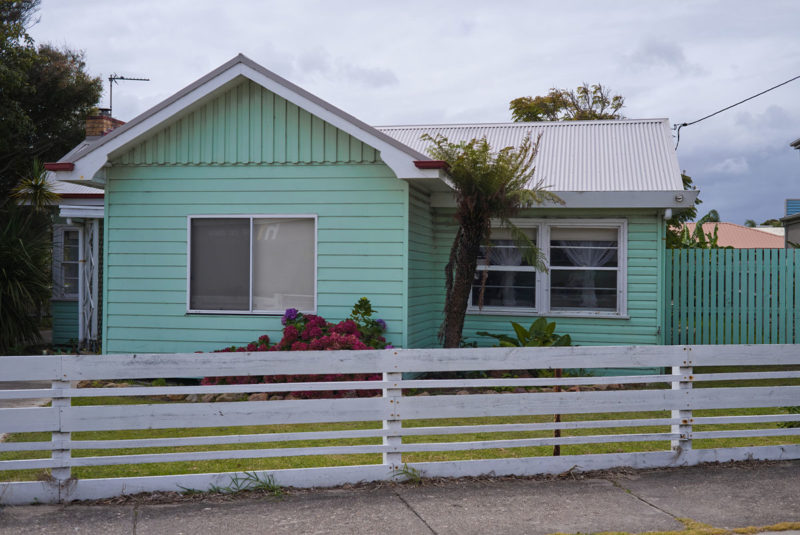Ready To Buy a Home?
Get Approved to Buy a Home
Rocket Mortgage® lets you get to house hunting sooner.
A house is one of the biggest purchases you’ll probably make in your lifetime. Who wouldn’t want to pay off such a big purchase early? Even with low interest rates on 30-year mortgages, if you pay off your mortgage in less time – let’s say 15 years, for example – you’ll owe less in overall debt, and you’ll free up some cash for other investments or purchases.
If you want to pay off your 30-year mortgage in 15 years or less, we’ll walk you through the process of paying off your mortgage early and add in a few tips to take into consideration.
Can You Pay Off Your Mortgage Early?
You can pay your mortgage back earlier, which can translate to less money spent on interest, saving you money on your loan in the long term. But, there may be penalties or fees associated with pre-payments so you should weigh out the pros and cons of this option based on your mortgage terms (more on that below).
For many home buyers, a 30-year mortgage may be the best entry to homeownership. But as time goes on, finances may change and homeowners might consider paying their mortgage off early to save on interest.
For example, let’s say you get a $300,000 mortgage with a 4.5% interest rate. Over a 30-year term, you’d pay a total of $247,220.13 in interest. If you stick to your payment schedule, after adding the total interest to the $300,000 loan balance, you’ll end up paying $547,220.13 to fully own your home in 30 years.
It’s helpful to understand your amortization schedule or how your loan is paid over time and what kind of penalties you may have to pay if you pay off your loan early before deciding if it is the best option for you.
Amortization
Your mortgage comes with an interest rate that is applied to the principal balance on your loan. Every time you make a mortgage payment, the payment is split, with some money applied to the principal balance and some money applied to the interest.
In the early years of a loan, the majority of each payment goes toward interest. Although you mostly pay interest in the beginning, eventually the balance shifts, and you start paying more toward the principal every month.
This repayment process is called amortization. A mortgage amortization schedule organizes both your interest and principal payments for each payment you make over your loan’s repayment term.
In other words, the amortization schedule outlines how long it’ll take you to pay off your mortgage. With amortization, you can know in advance how much you’ll need to pay each month, and you see how much interest you’re paying over the life of the loan.
Prepayment penalties
Some mortgages may have prepayment penalties. The penalty can be a set percentage of your mortgage balance, a fixed number of months’ interest or a fixed fee.
Your mortgage lender usually won’t charge any penalty fees if you pay a little extra toward the principal. In fact, some lenders may let you pay off up to 20% of the mortgage loan balance each year.
Lenders usually only charge penalty fees if you try to pay off your entire mortgage within the first few years of owning the home.
Pro tip: Check your mortgage agreement to see if there are prepayment penalties and what scenarios trigger them.
Ready to start paying down your mortgage early and enjoy outright homeownership? There are two key ways to make it happen: either you pay extra toward your mortgage each month or year or you refinance your mortgage.
Make Extra Mortgage Payments
You must make your mortgage payment in full every month. But once you’ve done that, nothing is stopping you from paying more toward your mortgage. When you do, every extra dollar goes toward paying down your principal balance.
By making extra payments you can lower your principal balance faster, which reduces the time it will take you to pay off your mortgage.
There are a few ways to make extra mortgage payments. Let’s revisit our example of the $300,000 mortgage with the fixed 4.5% interest rate. To cover the principal and interest, your monthly mortgage payment would be $1,520.06.
Using the $300,000 loan, we’ll show you the three most common ways to make extra mortgage payments.
- Commit to making one extra payment a year: If you make one extra mortgage payment of $1,520.06 each year, you’ll pay off your mortgage 4 1/2 years faster and pay about $43,000 less in interest.
- Pay extra toward your mortgage principal each month: After you’ve made your regularly scheduled mortgage payment, any extra cash goes directly toward paying down your mortgage principal. If you make an extra payment of $700 a month, you’ll pay off your mortgage in about 15 years and save about $128,000 in interest. If $700 a month is too much, even an extra $50 – $200 a month can make a difference.
- Pay biweekly: Do you get a biweekly paycheck? Consider lining up your biweekly pay with your mortgage payment, switching from a monthly to a biweekly repayment schedule. This splits your monthly mortgage payment into two payments. And because there are 52 weeks in a year, you end up making 13 payments instead of 12. In this case, your $1,520.06 monthly mortgage payment would become a $760.03 payment every 2 weeks. When you pay biweekly, you can make the extra $760.03 payment every year without having to think about it – or worry over it.
Refinance With a Shorter-Term Mortgage
When you first bought your home, you may not have earned as much as you do now and maybe your credit score was lower. If your income and credit have improved, it might make sense to bid your 30-year mortgage goodbye and refinance your home to a 15-year mortgage.
Refinancing to a 15-year mortgage will likely mean a higher monthly mortgage payment, but you’ll save on interest in the long run. Also, 15-year mortgages tend to offer lower interest rates than 30-year mortgages. All things being equal, you may get a better interest rate than you had before.
Can you answer “yes” to these questions?
- Are interest rates lower than they were when you got your mortgage?
- Has your income improved and expenses decreased since you bought your home?
- Do you plan to stay in your current home for 5 years or more?
- Have your credit score and debt-to-income (DTI) ratio improved since you first bought your home?
If you can answer “yes” to these questions, it may make sense for you to refinance your mortgage.
Refinancing is a strategic decision that comes with big commitments. Consider strategies to get the best refinancing rates, such as improving your credit score or shopping for lenders.
Should You Pay Off Your Mortgage Faster?
There are benefits to paying off your mortgage sooner rather than later. When you pay off your mortgage faster you can:
- Save money: Paying off your mortgage faster can help you pay less in interest over the life of the mortgage. It also frees up money in your budget for other financial priorities.
- Increase your available equity: Home equity is the percentage of your home that you own versus the amount you owe on your loan. The more equity you have in your home, the more profit you’ll likely earn when you sell it. You’ll also be making it easier to borrow against your home with a home equity loan or home equity line of credit (HELOC).
But, before you start putting all your extra money toward paying down your mortgage, decide whether an early payoff fits with your financial goals, including:
- Paying off credit card debt or loans with higher interest rates (like car loans or personal loans)
- Building an emergency fund or growing your savings account
- Contributing to your retirement with 401(k) or IRA accounts
- Setting money aside for your child’s education
- Contributing to other investment opportunities (If the returns on the investments are higher than the interest you pay on your mortgage.)
- Paying for vacations or other special events
While paying off your mortgage early may seem like an attractive option, you must carefully consider if it’s right for you – and your budget.
From an investment perspective, weigh the benefits of paying your mortgage and reducing your interest payments versus investing in high-return investment opportunities. Depending on the investment, you might gain more from investment earnings than reduced mortgage interest.
Win the Game of Life With a Mortgage Payoff Strategy That’s Right for You
Making even one extra payment a year can save you lots of money that would otherwise go toward interest. If you can make extra monthly payments, that will speed up your mortgage repayment even more. You’ll own the home faster and live in mortgage-free bliss.
If you think refinancing is the right answer for you, make sure you can afford the higher monthly mortgage payments before you commit to them for the next 15 years.
But if you have the money – and the discipline – making extra payments on your schedule might make more sense.
Should you refinance?
Enough hypotheticals – our partners will give you expert recommendations, along with real interest rates and payments
The Short Version
- Mortgage payments include both principal and interest, which are amortized over the term of your loan
- Paying off a 30-year mortgage in 15 years can save you significant amounts of money on interest
- By reducing the principal balance faster with extra or larger payments, you’ll pay less interest overall




